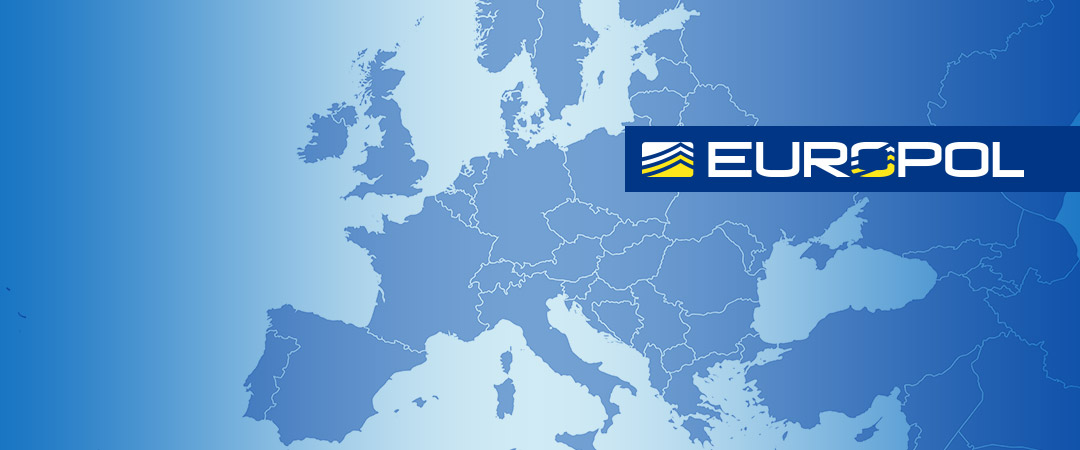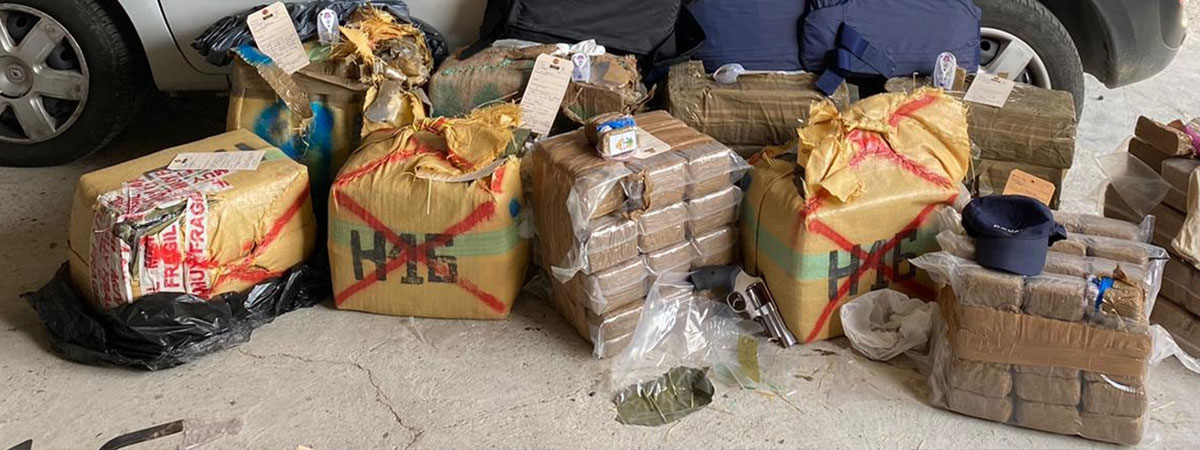Monsieur le premier ministre, mon très, très cher ami Kyriakos, c’est pour moi un plaisir immense d’être présent pour la troisième fois depuis le début de mon mandat en Grèce et d’avoir l’occasion à nouveau d’échanger avec toi sur la substance de notre engagement commun sur le plan européen.
Hier, nous avons participé ensemble à une belle cérémonie, à une belle commémoration et malgré tous les défis autour de nous, on ressentait l’énergie positive. On ressentait l’espoir. On ressentait cet optimisme européen.
Ce projet politique européen, ce n’est pas seulement un projet politique, c’est aussi une aventure humaine. Et c’est la raison pour laquelle la confiance personnelle est un élément qui participe aussi à la capacité de faire avancer ce projet européen. Et je voudrais vraiment te remercier, très sincèrement pour cette confiance entre toi et moi, pour cette confiance que tu apportes aussi dans la dynamique de nos travaux, dans le cadre de ce Conseil européen pour faire avancer un certain nombre d’idées, un certain nombre de projets, pour renforcer la cohésion de ce projet européen.
Alors, bien sûr, tu l’as évoqué, on en a parlé encore aujourd’hui : nous faisons face à un défi global, le COVID-19. Et on voit depuis le début de cette crise qui frappe l’Europe et qui frappe le monde, qu’on a réussi à travailler ensemble, d’abord pour investir dans la recherche afin que l’on puisse délivrer des vaccins. Ensuite pour augmenter la production de vaccins, pour faire reculer cette menace du COVID. Et nous voyons bien qu’il est important maintenant de progressivement rouvrir les sociétés, rouvrir nos économies et faire en sorte que l’Union européenne soit aussi à la hauteur du rendu, sur le plan économique et sur le plan social.
Tu as mentionné, et tu as montré ce premier certificat COVID, qui traduit cette volonté de coopérer ensemble. Et effectivement, j’ai pu être un témoin engagé avec toi, lorsque le premier autour de la table du Conseil européen, il y a plusieurs mois déjà, tu as contribué à coaliser un certain nombre de collègues pour faire avancer cette idée que l’on devait d’ores et déjà préparer la capacité de renouer avec un élément qui touche directement à l’acquis européen : la libre circulation des personnes, avec un impact important pour des secteurs économiques dans beaucoup de pays européens, et certainement en Grèce aussi dans le cadre du tourisme. J’étais très heureux de pouvoir participer avec vous à cette présentation ce matin, qui donne aussi un signe d’espoir. C’est un premier point.
Deuxième point: nous sommes engagés ensemble sur le plan européen pour rendre notre économie plus forte afin de garantir l’amélioration des conditions de vie, afin de garantir la cohésion sociale. Et tu as mentionné un acte important et une décision importante que nous avons prise ensemble au mois de juillet de l’année passée, historique, dans l’histoire du projet européen : mobiliser 1800 milliards d’euro au total, dont 750 milliards d’euro spécifiquement liés à la relance post-COVID. Hier était un jour important parce que nous étions ensemble pour commémorer ces quarante ans d’engagement et d’adhésion à la communauté européenne. Mais hier aussi, le symbole est marquant, c’était l’occasion pour les 27 pays européens de clôturer leur processus d’adhésion juridique, d’adhésion législative à cette décision d’investir ensemble pour réformer ensemble et pour conforter la prospérité européenne tout au long des prochaines années. Et nous aurons l’occasion dans les prochaines semaines, dans les prochains mois, de continuer à travailler pour mettre en œuvre les plans nationaux de réforme avec ces deux engagements qui sont fondamentaux quant au paradigme que nous voulons pour la prospérité européenne : le changement climatique, qu’on doit voir comme une capacité pour plus d’innovation, pour plus de croissance, pour améliorer le cadre de vie. Et l’agenda digital : on l’a vu, avec le certificat COVID, nous sommes dans un monde où le digital peut offrir des opportunités. Nous devons le mettre en relation et en équilibre avec nos valeurs de respect pour l’utilisation des données, comme nous le faisons dans le cadre du certificat digital présenté ici en Grèce.
Et puis, il y a un autre point qui nous rassemble : nous pensons que l’Union européenne, qui est une puissance sur le terrain des valeurs démocratiques, de l’état de droit, des libertés fondamentales, l’Union européenne qui est aussi une puissance parce qu’il y a un marché intérieur, qui traduit une capacité économique, une puissance parce que nous réussissons à faire en sorte que progressivement le reste du monde s’inspire de nos standards dans le domaine climatique, dans le domaine digital peut-être également. Nous devons travailler pour avoir plus d’influence géopolitique et pour mieux défendre nos valeurs et protéger nos intérêts.
Et nous avons eu l’occasion effectivement, une fois encore, d’aborder la question de la Méditerranée orientale. La relation avec la Turquie : ce sujet sera, comme on s’y est engagé, de nouveau à l’agenda du Conseil européen du mois de juin. Nos discussions permettent de préparer ce travail afin de construire l’unité européenne, afin d’exprimer des positions fortes, solides et robustes, compatibles avec nos valeurs, compatibles avec nos intérêts.
On a abordé d’autres sujets internationaux : la relation transatlantique. Nous aurons dans quelques jours à Bruxelles un sommet de l’OTAN et un premier sommet institutionnel entre les États-Unis et l’Union européenne.
On a aussi abordé ce défi auquel nous sommes confrontés, on le voit en Méditerranée orientale, mais plus largement dans le monde : les grandes démocraties et l’Union européenne, nous faisons face à la tentative par des régimes autoritaires de mettre sous pression nos valeurs de liberté, d’état de droit, de valeurs fondamentales. Nous devons, comme Union européenne, réfléchir, travailler et agir ensemble, pas simplement pour se contenter de réagir quand nous sommes testés ou quand nous sommes provoqués. Nous devons tenter de réfléchir à la manière de déployer des stratégies proactives qui anticipent, qui préparent ce monde de demain que l’on espère plus empreint de ces valeurs de liberté, d’état de droit et de démocratie auxquelles nous croyons profondément.
Voilà quelques éléments que je voulais partager avec vous. Et encore une fois, Kyriakos, du fond du cœur, vraiment, un chaleureux merci. Ça me fait plaisir d’être ici encore avec toi, de partager ces moments, de partager ces échanges intellectuels et amicaux au sein du projet européen. Et puis, venant de Bruxelles, avec une météo un peu plus maussade : cette lumière et ce ciel bleu grec font du bien et je voudrais que cette lumière et ce ciel bleu soient aussi une lumière pour tout le projet européen, lorsque que l’on démarre cette Conférence sur le futur de l’Europe. Je ne doute pas qu’il y a ici une source d’inspiration qui sera très utile pour les débats que nous allons continuer à mener et l’action que nous allons continuer à entreprendre au service des 450 millions de citoyens européens. Merci encore pour ton engagement, ton implication. Merci encore pour notre amitié et pour notre belle coopération.


